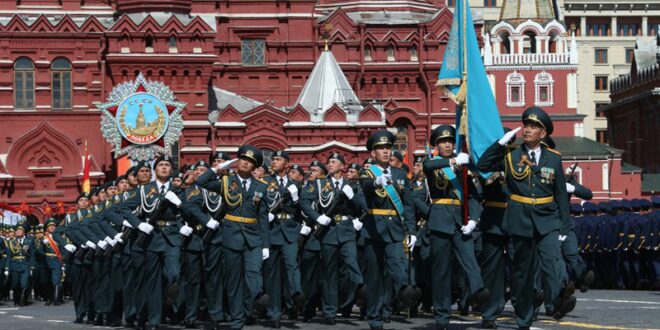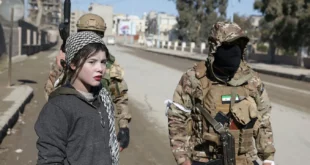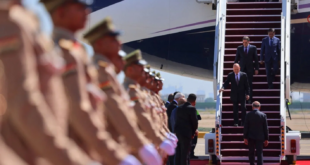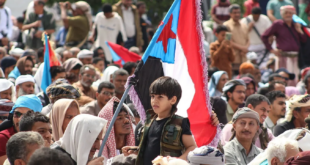With Russian forces bogged down in Ukraine, ever more analysts are discussing where Putin may attack next, with many saying that Kazakhstan is likely to be the next target (glavnoe.ua/news/n357086249-vitalij-portnikov-jazykom-pohoronki), a conclusion that in turn has sparked discussions about the state of Kazakhstan’s forces.
While the Kazakhstan authorities have taken some steps to improve their state of readiness (jamestown.org/program/russian-suggestions-that-kazakhstan-is-russias-enemy-frighten-and-outrage-kazakhs/), the view of two experts is that far more needs to be done if Kazakhstan is to resist successfully (caravan.kz/articles/sovetskaya-paradigma-zavisimost-ot-rossii-pozhilye-generaly-ehksperty-nazvali-problemy-kazakhstanskojj-armii-841133/).
Agil Rustamzade, an Azerbaijani military expert, says that Kazakhstan’s military reflects its inability to escape from the Soviet past and its lack of recent combat experience. As a result, it is unfitted to deal with forces better armed or more experiences with modern war against those armed with the most up to date weapons.
He doubts that Russia will invade Kazakhstan after it loses in Ukraine, but he says that the Kazakhs are clearly worried and highly motivated, a positive thing given that “Kazakhs have always been very good at fighting.”
Kazakh Lt.Col. Yermek Tusupzhanov, who teaches at the Military Institute of Kazakhstan’s Internal Forces, says that regardless of how one assesses Moscow’s intention, no one in Kazakhstan has any doubts that their country must have “a modern, well-equipped and disciplined military.”
He says he is not worried about Kazakhstan’s dependence on the Russian defense industry but is surprised by the way in which the Russian army has conducted itself in Ukraine. The Russians haven’t gone after key infrastructure, apparently because business interests are too powerful and don’t want such things destroyed.
Like other countries, Kazakhstan must avoid defining its strategy by the weapons it has. Instead, it must take into consideration what possibilities these weapons offer it and then mold a strategy on the basis of how these relate to other factors including geography and popular motivation.
The steppes give Kazakhstan certain advantages and may be a source of weakness for the enemy, Tusupzhanov says. Drones won’t work as well, and tanks which have longer ranges than Javelins have an advantage. At the same time, control of the air is especially critical, the military specialist adds.
He says it may even turn out that tactics from the past will prove more effective for Kazakhstan than those of the present elsewhere. After all, “everything new is ultimately a well-forgotten old. “The tactics of the steppes—to move rapidly and cover long distances in a short time – can and should be continued by the modern army of Kazakhstan.”
 Eurasia Press & News
Eurasia Press & News




